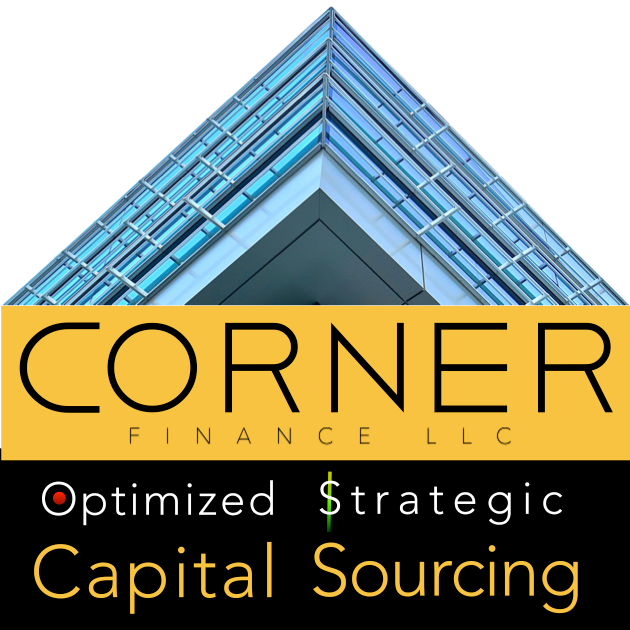Part 3: CFO MISTAKES AND BLIND SPOTS: CFO Cash Flow Stability and Financing Optimization for Turnaround to Growth Situations
A Successful Cfo Must Recognize And Proactively Manage These Blind Spots

Part 1 - Immediate Tasks and Objectives (LinkedIn)
Part 2 - Common Obstacles the CFO May Encounter (LinkedIn)
Part 3 - (today) CFO Mistakes and Blind Spots
Part 4 - Expert Insights on Capital Structure Optimization
CFO Mistakes and Blind Spots
CFOs tasked with stabilizing and growing their companies face immense pressures when optimizing financial structures. They must secure strategic funding that not only addresses immediate financial needs but considers long-term implications for operations, culture, and strategic goals.
However, certain blind spots can hinder the CFO’s ability to source capital, impacting sustainable growth and operational flexibility.
A successful CFO must recognize and proactively manage these blind spots when aiming to achieve optimal outcomes.
Over-reliance on Traditional Financing Sources
CFOs may turn a blind-eye to changes in the financial marketplace and not leverage alternative financing options even among banks.
There's a tendency to stick to known avenues which may not always provide the best terms, or importantly, flexibility.
This limits the CFO’s access to financial tools available for growth and terms that could be more aligned with the company’s competitive needs.
Failing to Diversify Funding Sources
Relying on a single source of financing can be risky, if market conditions change or if funding sources alter their risk measurement parameters.
This lack of diversification can leave the CFO vulnerable to sudden changes in capital availability or cost, potentially destabilizing the financial plans.
Neglecting to Prepare for Diligence Requirements
Underestimating the level of detail required in the due diligence process can be a significant oversight.
CFOs might not be prepared to provide the correctly formatted documentation that the bests funding sources will require.
Lack of preparedness leads to delays, increased costs, and a lower level of trust from potential funding sources, reducing the likelihood of securing capital under the best terms.
Underestimating the Importance of Timing in Fundraising
CFOs may focus on the immediate need for capital without strategizing the optimal timing for capital raising activities.
Poorly timed fundraising efforts can result in missed opportunities, unfavorable terms, insufficient capital raised, or outright rejection, exacerbating financial stress.
Prioritizing Cost Over Strategic Suitability
Under the guise of low interest rates, CFOs might opt for the cheapest available capital without adequately considering whether its terms and conditions align with the company’s strategic needs and operational realities.
This might result in the company being locked into contracts that don’t provide the flexibility needed by the CFO to execute their turnaround strategy.
CFO’s increase risk when focusing too narrowly on immediate liquidity needs and not sourcing capital that fits into the company's long-term strategic goals.
Short-term financial relief could lead to long-term strategic constraints, making it more difficult to achieve business objectives or pivot in necessary new directions.
Under-communicating with Stakeholders
Not communicating the reasons for and terms of capital sourcing can lead to misunderstandings and mistrust among stakeholders, including employees and board members, who may feel uncertain about the company’s direction, which can erode trust and potentially lead to resistance against changes.
Support To Navigate a Complex Process
By seeking experienced and independent guidance from CORNER, the CFO can transform their role from one of dabbling in capital sourcing to that of proactively managing a critical business process, with the added benefit that the CFO can confidently focus on their core business tasks.
Strategic capital sourcing with the support of CORNER allows the CFO to move beyond the immediate financial pressures and focus on building a robust foundation for future growth and stability, turning the challenges into stepping stones toward success.


















